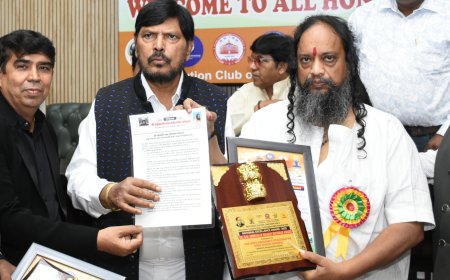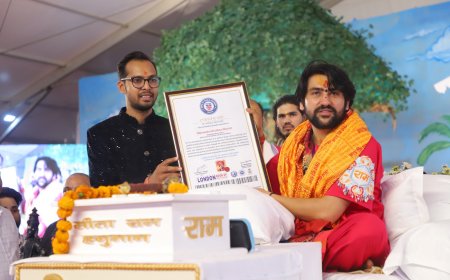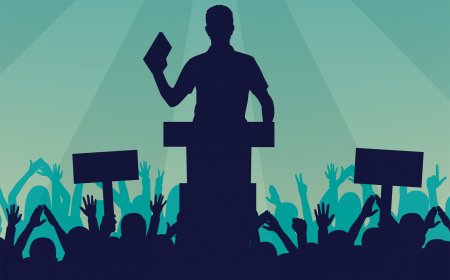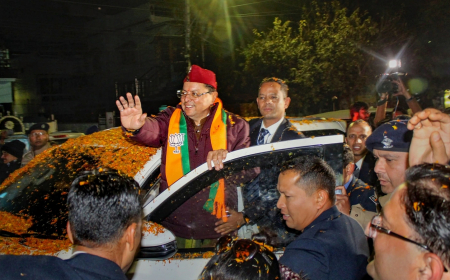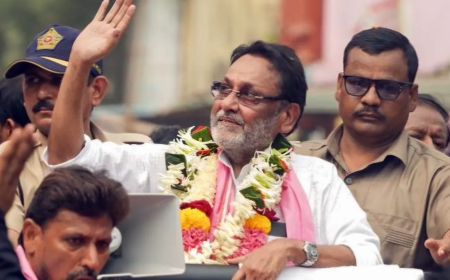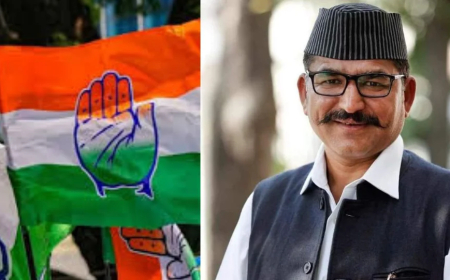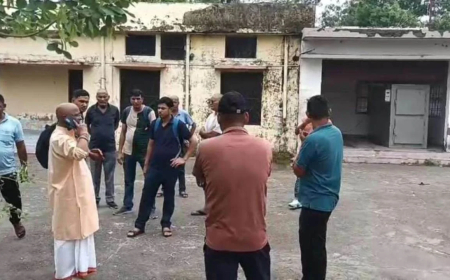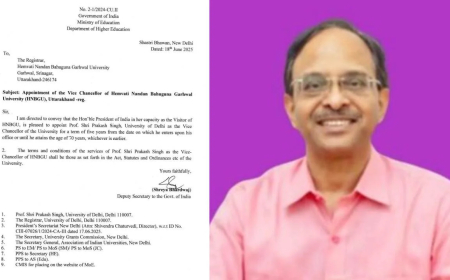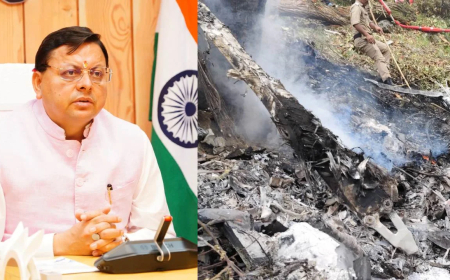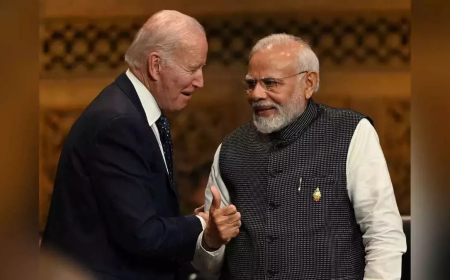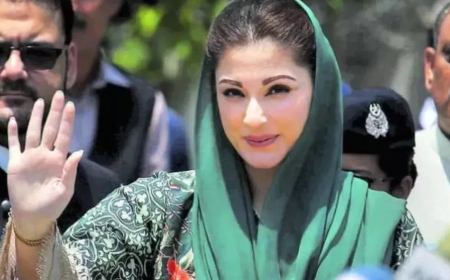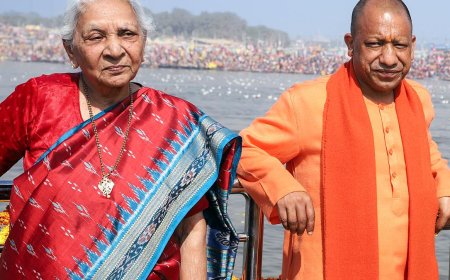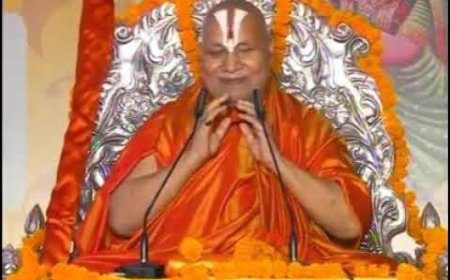From Grassroots to Governments: The Role of Civil Society in Politics
Discover how civil society drives political change through advocacy, mobilization, and accountability. Explore its impact on movements like Arab Spring, Black Lives Matter, and Indian farmers’ protests.
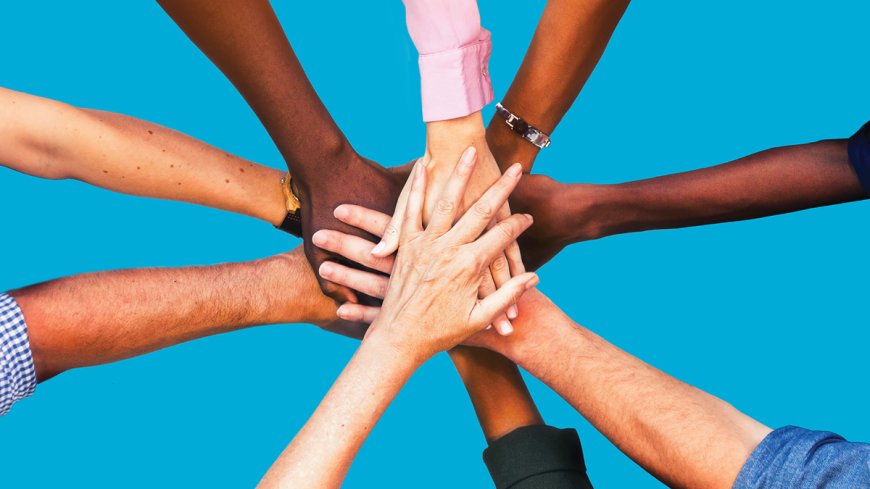
Civil society, often referred to as the “third sector” (distinct from government and business), plays a critical role in shaping political systems and driving societal change. Comprising non-governmental organizations (NGOs), community groups, advocacy networks, and grassroots movements, civil society acts as a bridge between the government and the people, ensuring accountability, promoting democratic values, and addressing systemic inequalities.
This article explores the role of civil society in political change, examining how it influences policy, mobilizes citizens, and fosters long-term societal transformation.
What is Civil Society?
Civil society refers to the collective space where citizens come together to advance common interests, advocate for change, and hold power structures accountable. It includes a wide range of organizations and individuals, from charities and unions to activist groups and think tanks.
The key characteristics of civil society include:
- Voluntary participation: Citizens engage out of shared interests or concerns.
- Non-profit orientation: The focus is on societal benefit rather than financial gain.
- Advocacy and activism: Civil society organizations often push for policy reforms or social justice.
How Civil Society Drives Political Change
1. Advocating for Policy Reforms
Civil society organizations (CSOs) play a crucial role in shaping public policy by conducting research, lobbying governments, and proposing solutions to pressing issues. For example, environmental groups like Greenpeace and WWF have been instrumental in pushing for climate change policies globally.
In India, organizations like PRS Legislative Research and Association for Democratic Reforms (ADR) have worked to improve transparency and accountability in governance by analyzing laws and electoral processes.
2. Mobilizing Citizens and Building Movements
Civil society is often at the forefront of mass movements that demand political change. By organizing protests, rallies, and awareness campaigns, CSOs mobilize citizens to take collective action.
- Anti-Corruption Movement (2011): Led by activist Anna Hazare, the movement pressured the Indian government to pass the Lokpal Bill, which aimed to combat corruption.
- Farmers’ Protest (2020-2021): Civil society played a key role in supporting farmers protesting against the three farm laws, helping them mobilize resources and gain media attention.
3. Promoting Human Rights and Social Justice
Civil society organizations often act as watchdogs, monitoring human rights violations and advocating for marginalized communities. Groups like Amnesty International and Human Rights Watch have exposed abuses and pushed for accountability on a global scale.
In India, organizations like PUCL (People’s Union for Civil Liberties) and NAPM (National Alliance of People’s Movements) work to protect the rights of Dalits, Adivasis, and other vulnerable groups.
4. Fostering Civic Engagement and Education
Civil society plays a vital role in educating citizens about their rights and responsibilities, encouraging them to participate in democratic processes. Voter awareness campaigns, such as those by Election Watch in India, have helped increase voter turnout and engagement.
5. Holding Governments Accountable
By monitoring government actions and exposing corruption or inefficiency, civil society ensures that those in power remain accountable to the public. Investigative organizations like Transparency International and The Indian Express’ investigative team have exposed numerous scams and scandals, leading to policy changes and public outrage.
Challenges Faced by Civil Society
Despite its critical role, civil society often faces significant challenges that hinder its ability to drive political change.
1. Government Crackdowns and Restrictions
In many countries, governments impose restrictive laws targeting CSOs, such as limiting foreign funding or requiring extensive paperwork. In India, the Foreign Contribution Regulation Act (FCRA) has been criticized for stifling the work of NGOs.
2. Funding and Resource Constraints
Many civil society organizations struggle with limited funding, making it difficult to sustain their operations and expand their impact.
3. Political Polarization
In polarized societies, civil society is often caught in the crossfire, with its motives questioned and its actions politicized. This can lead to loss of credibility and reduced public support.
4. Safety Risks for Activists
Activists and civil society workers often face threats, harassment, and violence, especially when they challenge powerful interests. In India, the killing of activists like Gauri Lankesh and Narendra Dabholkar highlights the dangers faced by those working for social justice.
Case Studies: Civil Society Driving Political Change
1. Arab Spring (2010-2012)
Civil society played a central role in the Arab Spring uprisings, where citizens across the Middle East protested against authoritarian regimes. Social media and grassroots organizations helped mobilize millions, leading to regime changes in countries like Tunisia and Egypt.
2. Black Lives Matter Movement
The Black Lives Matter (BLM) movement, led by civil society activists, has brought global attention to racial injustice and police brutality, prompting governments to reassess their policies and practices.
3. Indian Farmers’ Protests
Civil society organizations supported farmers during the 2020-2021 protests, providing legal aid, organizing transport, and amplifying their voices on social media. The movement eventually led to the repeal of the three farm laws.
The Future of Civil Society in Political Change
As the world grapples with new challenges like climate change, digital surveillance, and authoritarianism, the role of civil society in driving political change will become even more critical.
- Technology and Innovation: Digital tools like social media and blockchain can enhance civil society’s ability to mobilize and advocate.
- Global Collaboration: Civil society organizations are increasingly working across borders to address global issues like climate change and human rights.
- Youth Engagement: The participation of young people in civil society is crucial for fostering long-term political change.







